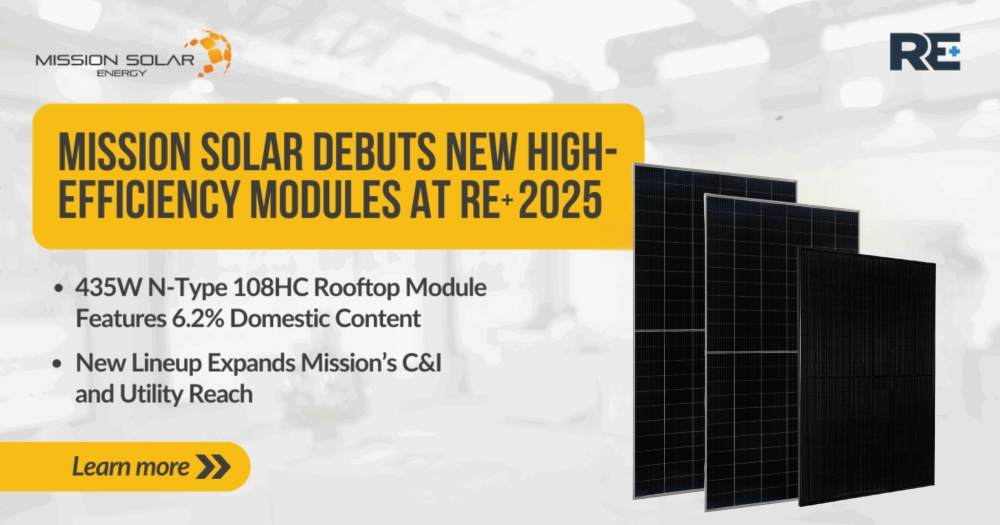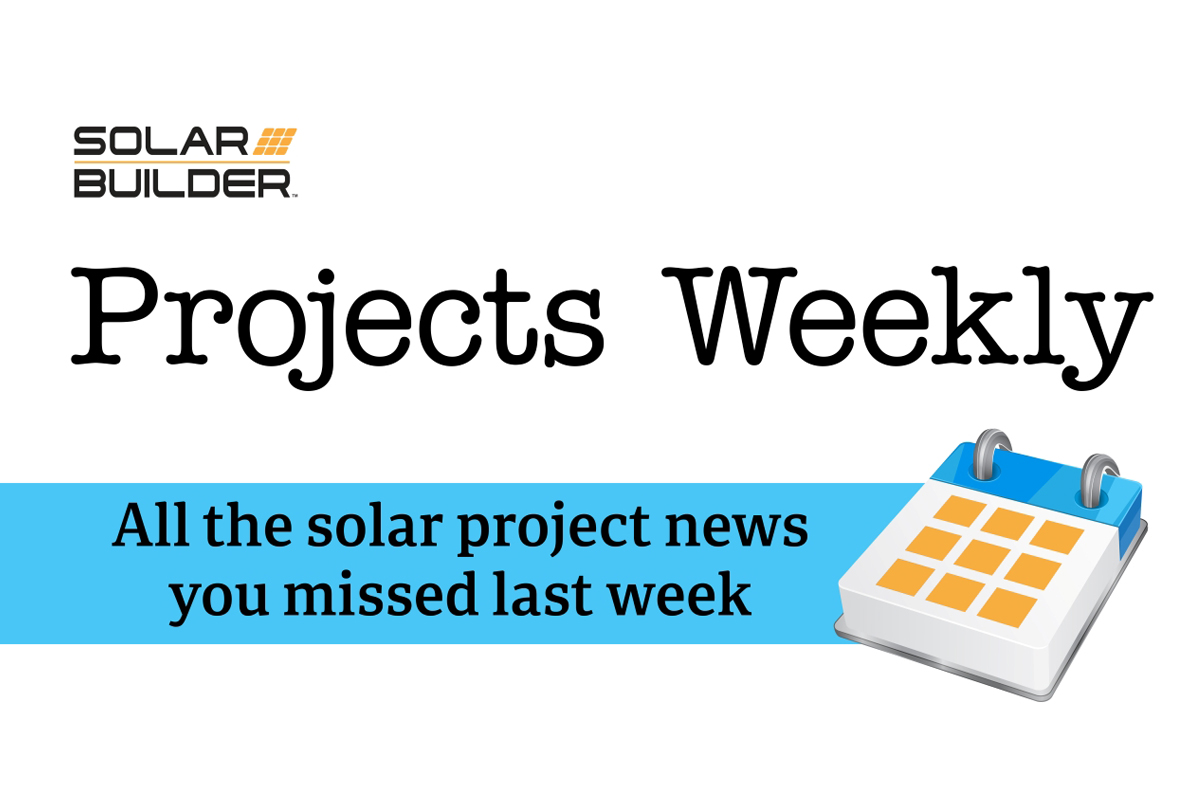Qcells to open solar panel recycling facility in Georgia

Qcells is expanding into solar panel recycling with the launch of a new business unit, EcoRecycle by Qcells. The company will open its first recycling facility this year in Cartersville, Georgia, with plans to build out a nationwide network of recycling centers.
As the first generation of solar installations reaches end-of-life, the volume of decommissioned panels is increasing—and in the absence of national recycling requirements, most of that waste ends up in landfills. Qcells says EcoRecycle will provide a domestic option to recover and reuse key materials like aluminum, glass, silver, and copper from retired PV modules.
At full capacity, the Cartersville site will be able to process about 250 MW of panels annually, or roughly 500,000 modules per year. Qcells plans to expand this network across the country to reduce logistics costs and support a more circular solar economy.
A U.S.-based PV recycling value chain
“With this new business, Qcells will emerge as the first-ever crystalline silicon (C-Si) solar panel producer to possess a full value chain, conducting both solar panel manufacturing and recycling on U.S. soil,” said Kelly Weger, Senior Director of Sustainability at Qcells.
The move aligns with Qcells’ broader strategy to localize solar manufacturing and supply chain activities in the U.S., including its growing presence in Georgia, where it already operates a module manufacturing facility.
“Georgia’s clean energy ecosystem continues to grow by way of EcoRecycle by Qcells in Bartow County, Georgia, and we’re so proud to be part of Qcells’ fully integrated solar panel manufacturing process from beginning to recycling,” said Melinda Lemmon, Executive Director at the Cartersville-Bartow County Department of Economic Development.
Key components of EcoRecycle by Qcells
EcoRecycle’s approach focuses on three key areas:
- A cost-saving take-back service with low recycling fees to simplify end-of-life logistics for solar project owners.
- Development of high-purity separation technologies to improve recovery of valuable materials and increase reuse potential.
- Use of recycled materials in new module production to reduce carbon emissions and support a more resilient domestic supply chain.
“As the U.S. moves towards a more sustainable and self-reliant solar industry, EcoRecycle by Qcells is committed to pioneering innovative recycling technologies that not only reduce environmental impact, but also create economic opportunities,” said Jung-Kwon Hong, Head of Qcells Manufacturing Group.
Policy momentum and industry need
Industry analysts expect the volume of solar waste to grow significantly in the coming decade. State-level proposals for recycling requirements are emerging, but comprehensive regulations remain limited. Qcells is positioning EcoRecycle to meet that anticipated demand while taking advantage of technical advances that are lowering recycling costs and increasing material recovery rates.
“Effectively managing solar waste is essential to ensure the long-term sustainability and resilience of the clean energy sector,” said Weger. “We’re proud to be leading the charge.”
More solar panel recycling in the news
JinkoSolar Holding Co. is launching a solar module recycling program in the state of Washington. The EAGLE Preserve, as its called, is the first stewardship program of its kind to receive the approval of the Washington State Department of Ecology.
OnePlanet Solar Recycling closed a $7 million seed funding round, and is being led by former steel executive André Pujadas. This initial capital will support final engineering, permitting, and pre-construction activities for the facility. The end goal is a $90M industrial-scale ‘River City’ Project located in Green Cove Springs, Florida. At commissioning (projected for 2027), the facility will process over 2 million end-of-life PV modules annually. Planned expansions would bump that to 6 million modules by 2030.
Residential solar panel recycling deals can be trickier to ink, but SolarPanelRecycling.com and the Solar Energy Industries Association (SEIA) are working on a solution. SPR and SEIA are teaming on a partnership program with Mecklenburg County, North Carolina, to establish convenient drop-off locations for end-of-life residential solar panels. North Carolina, ranked fourth in national solar capacity, will serve as the flagship state for this six-month pilot.





Comments are closed here.